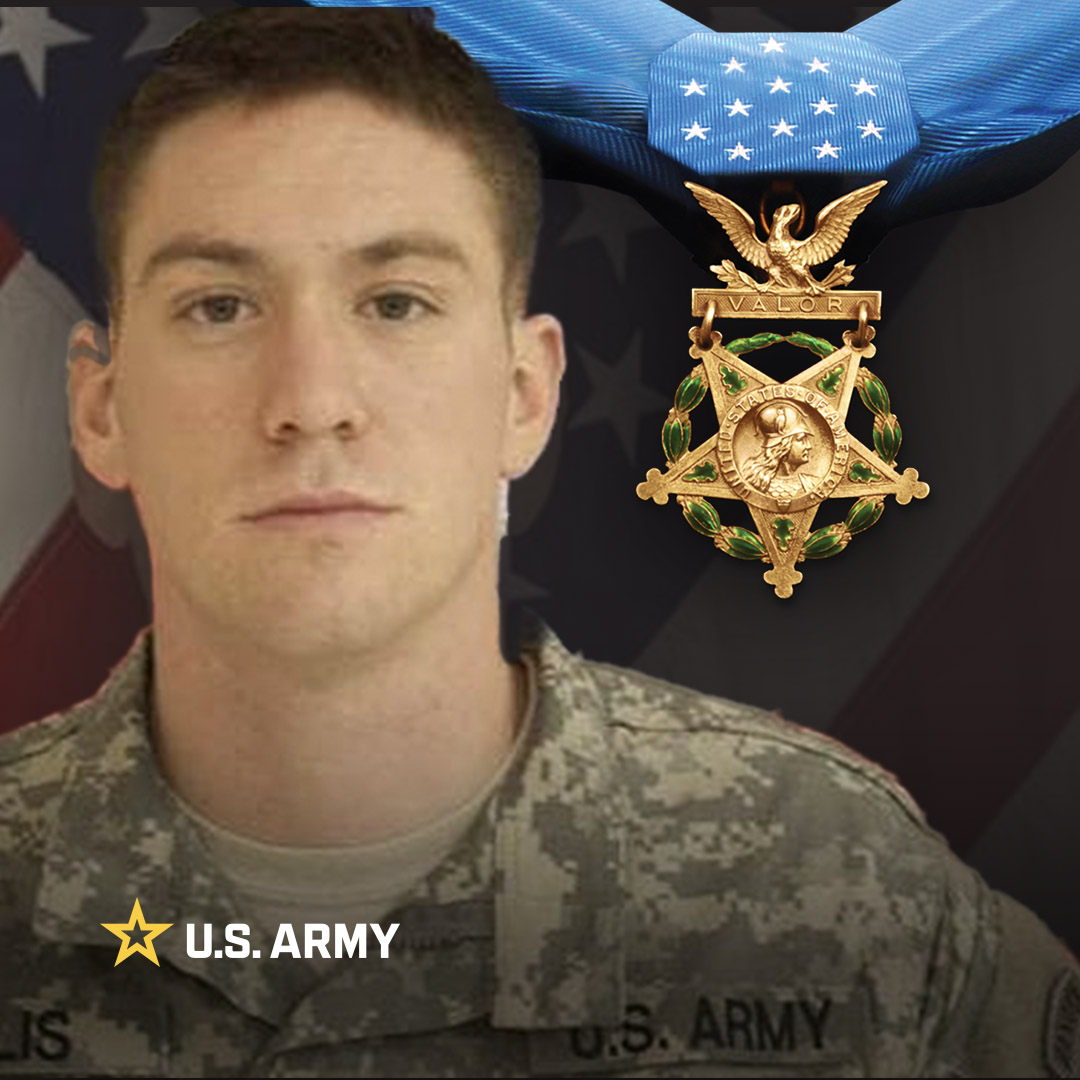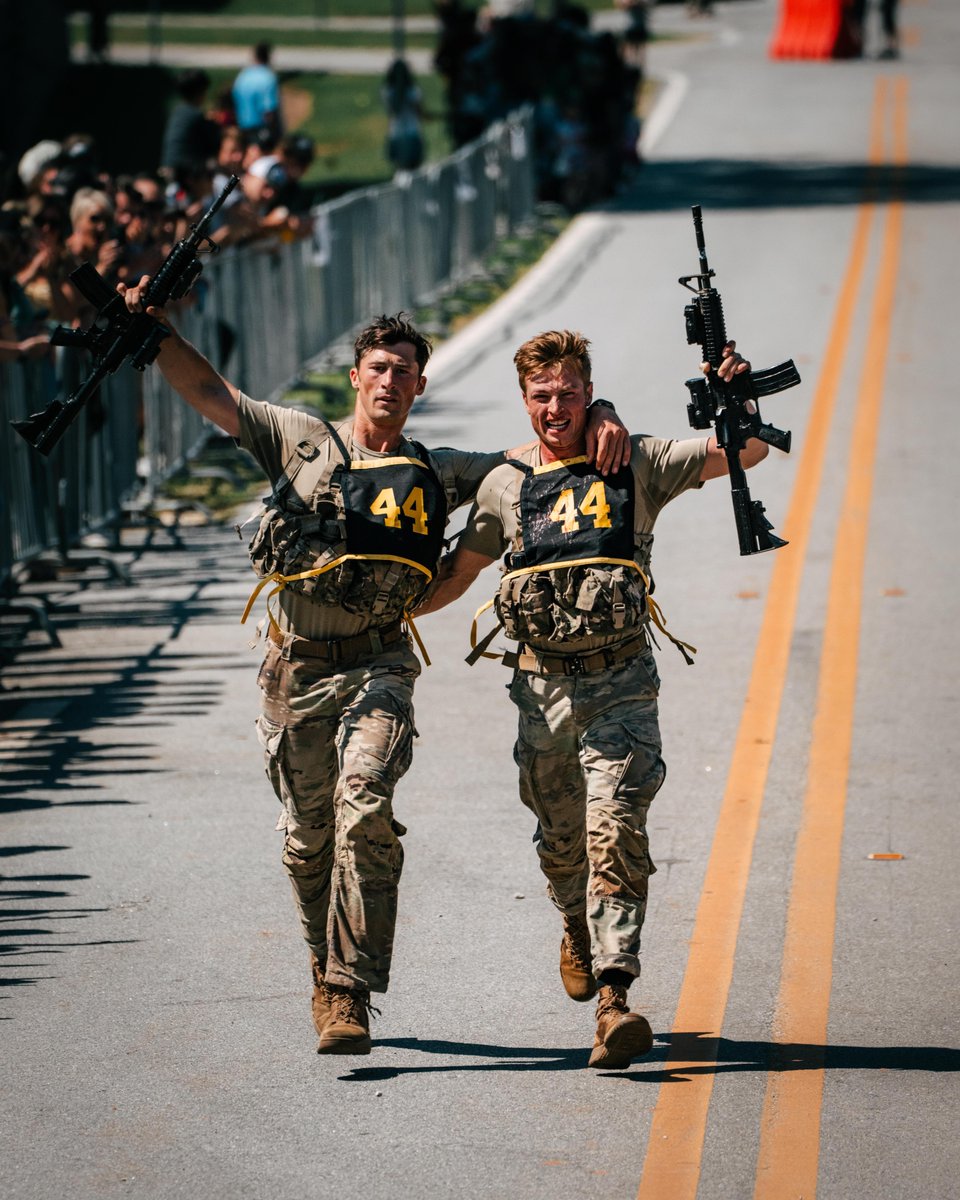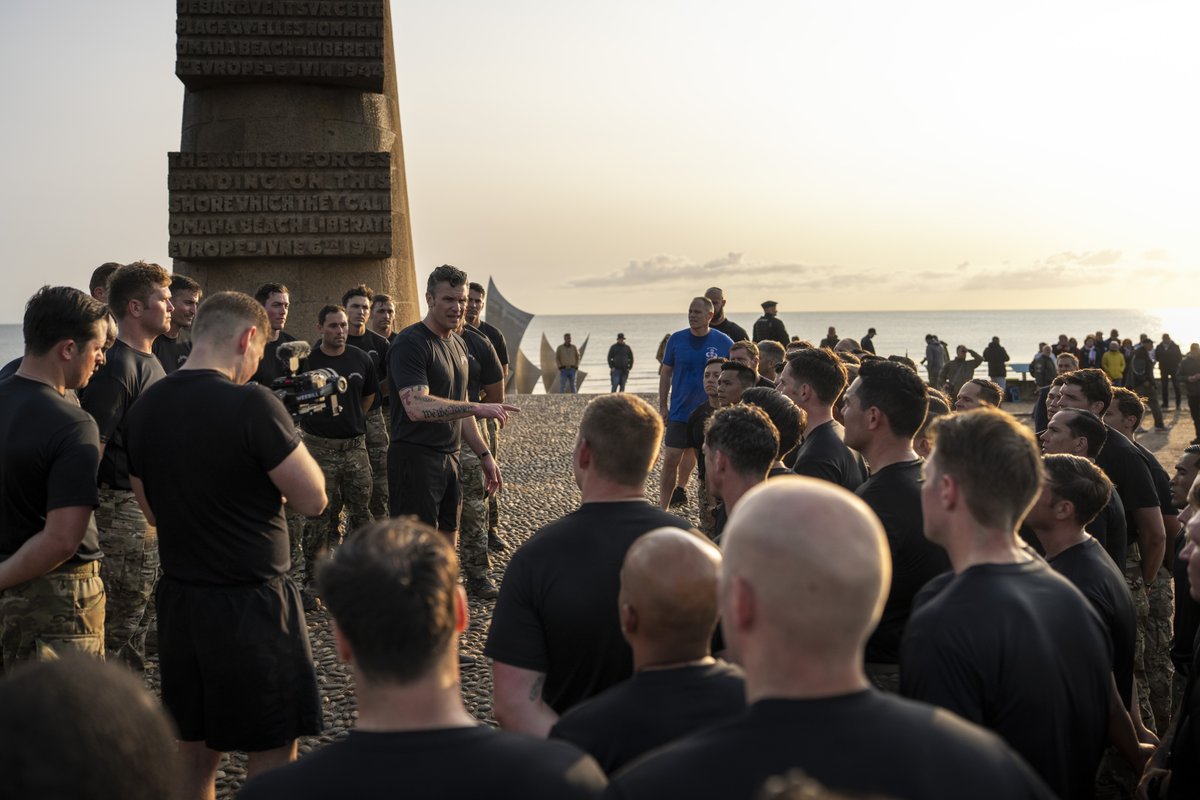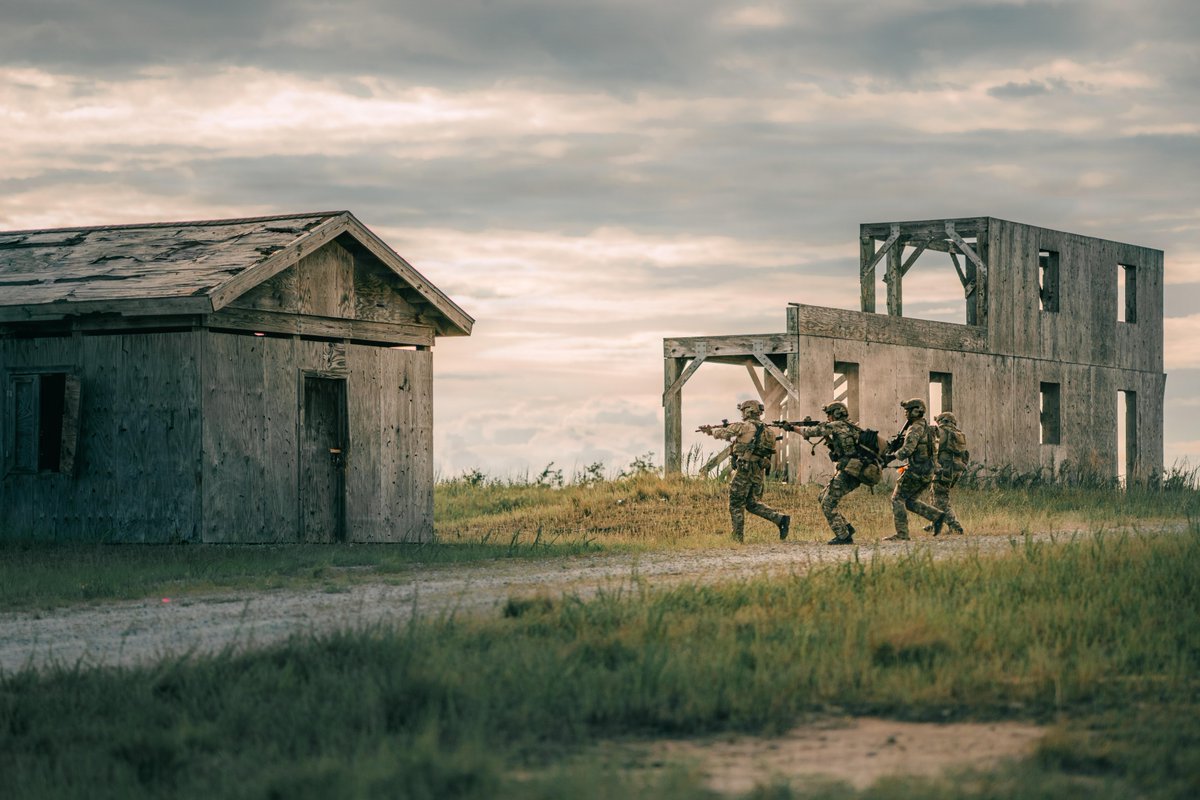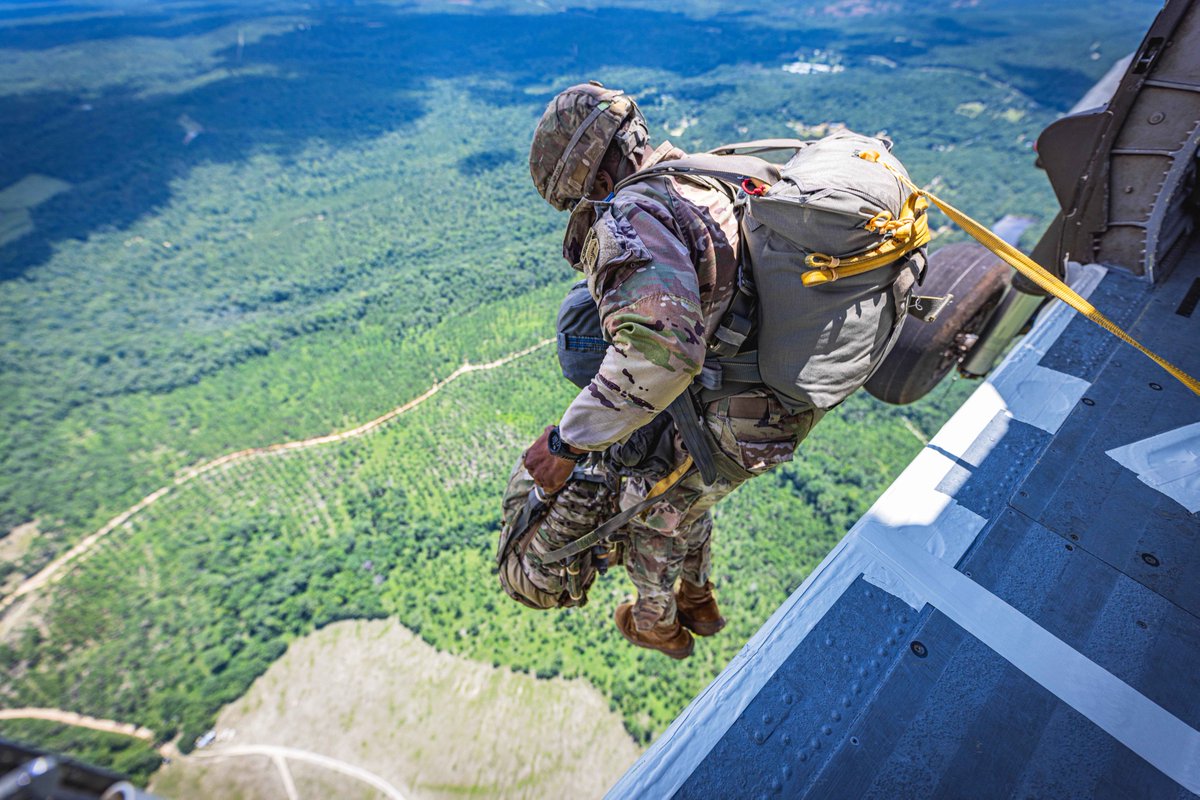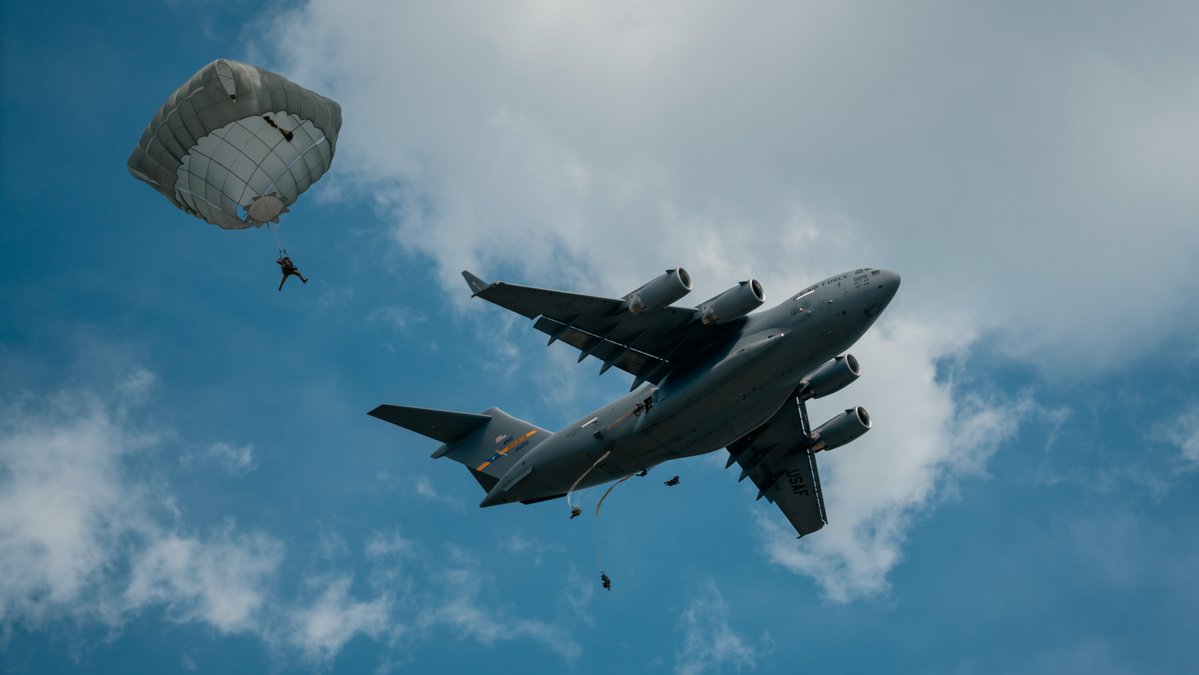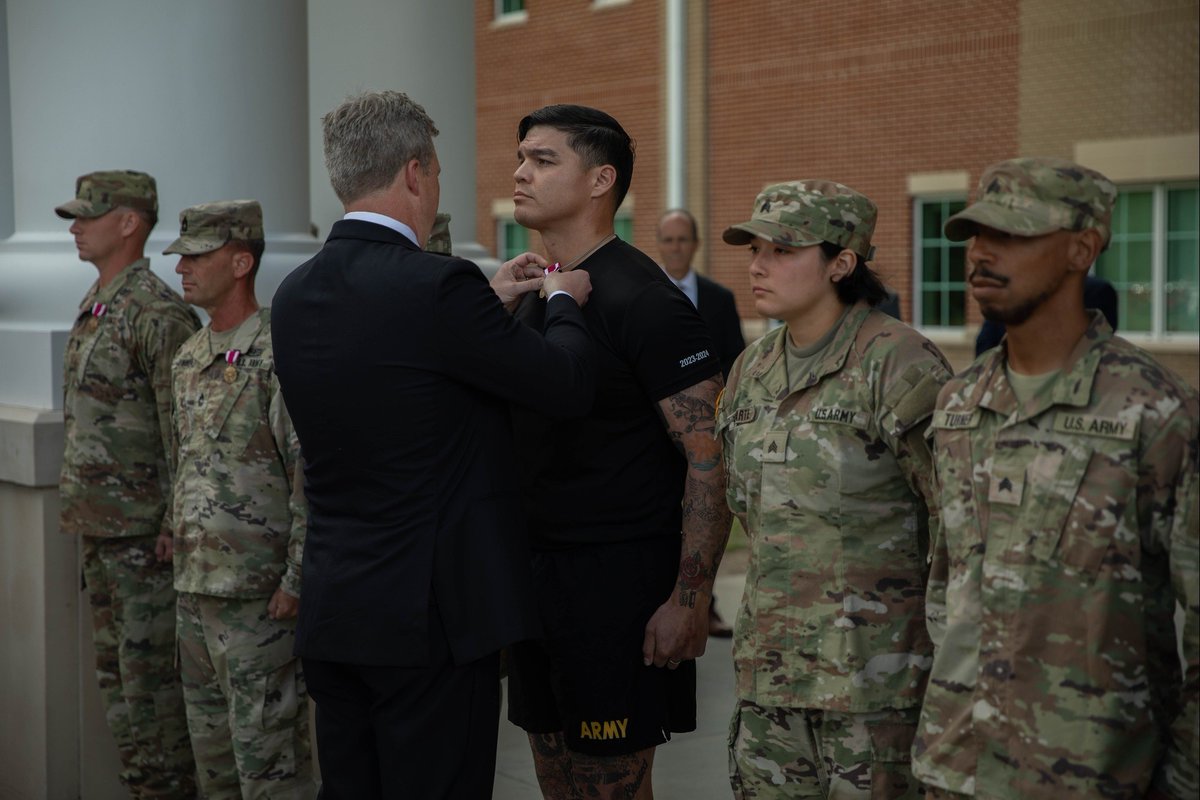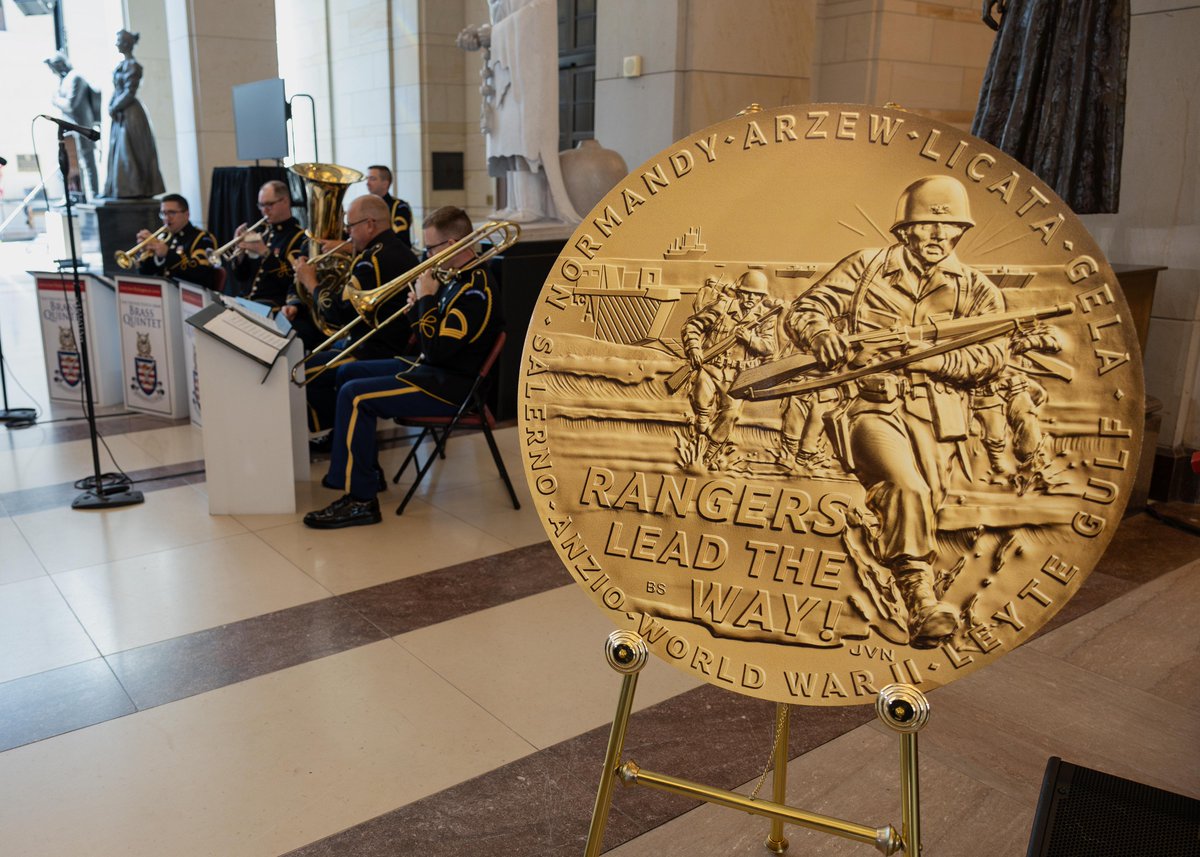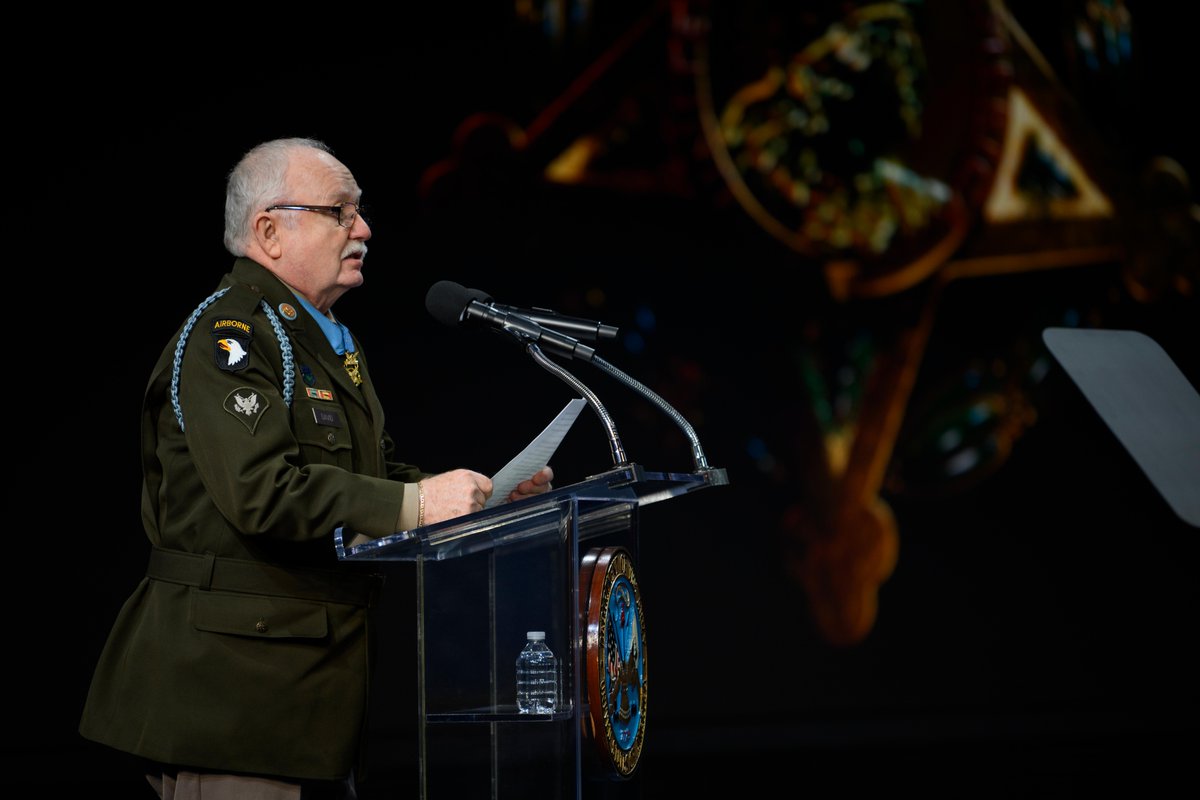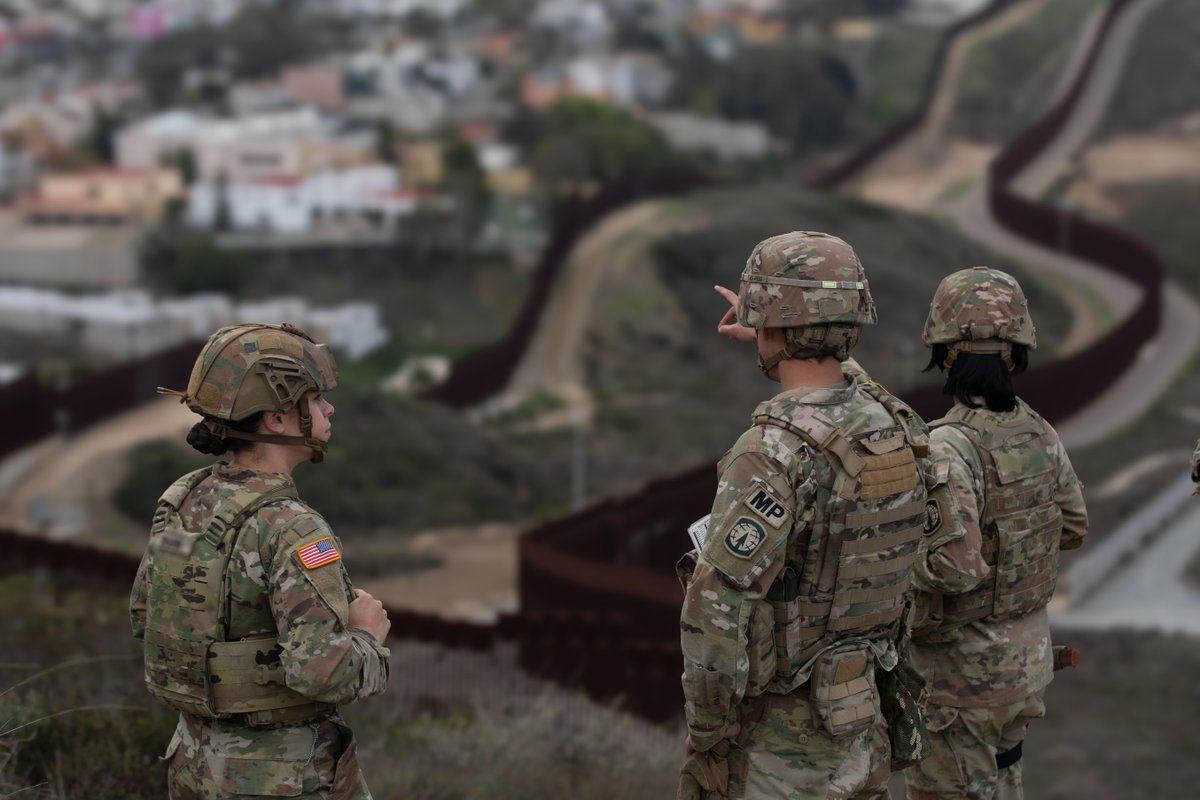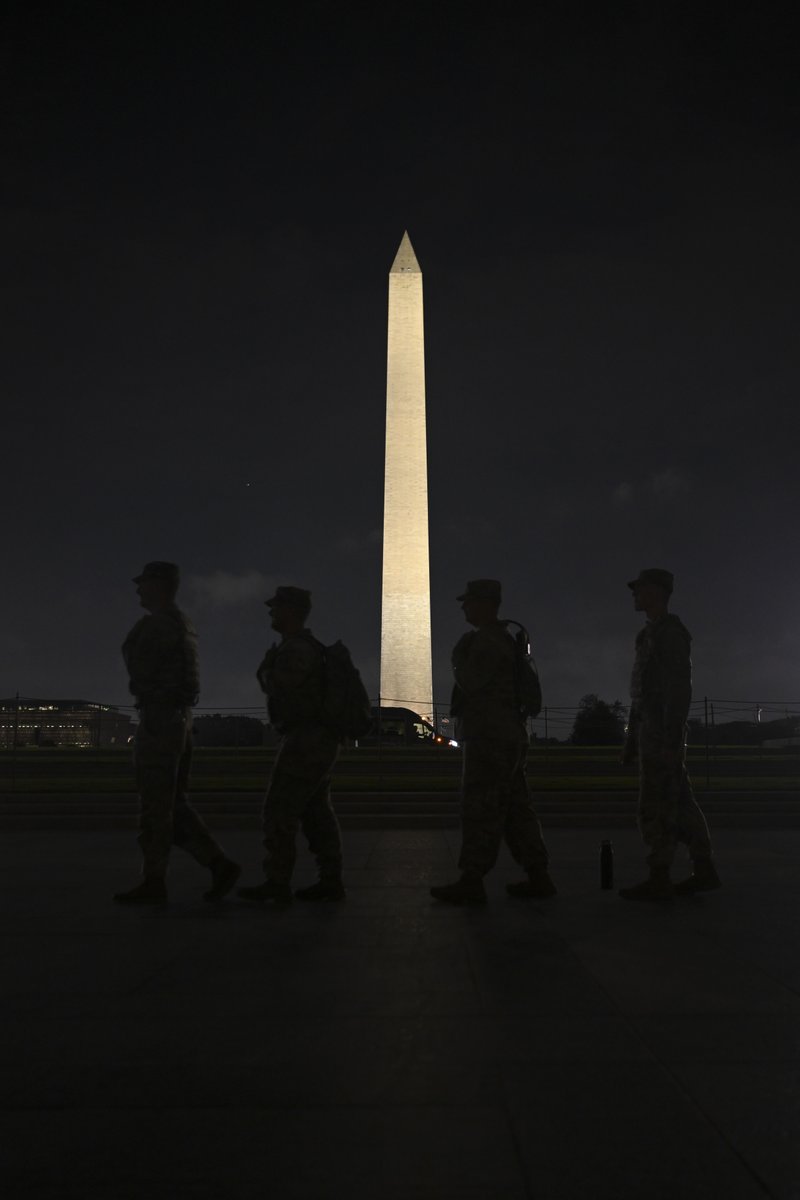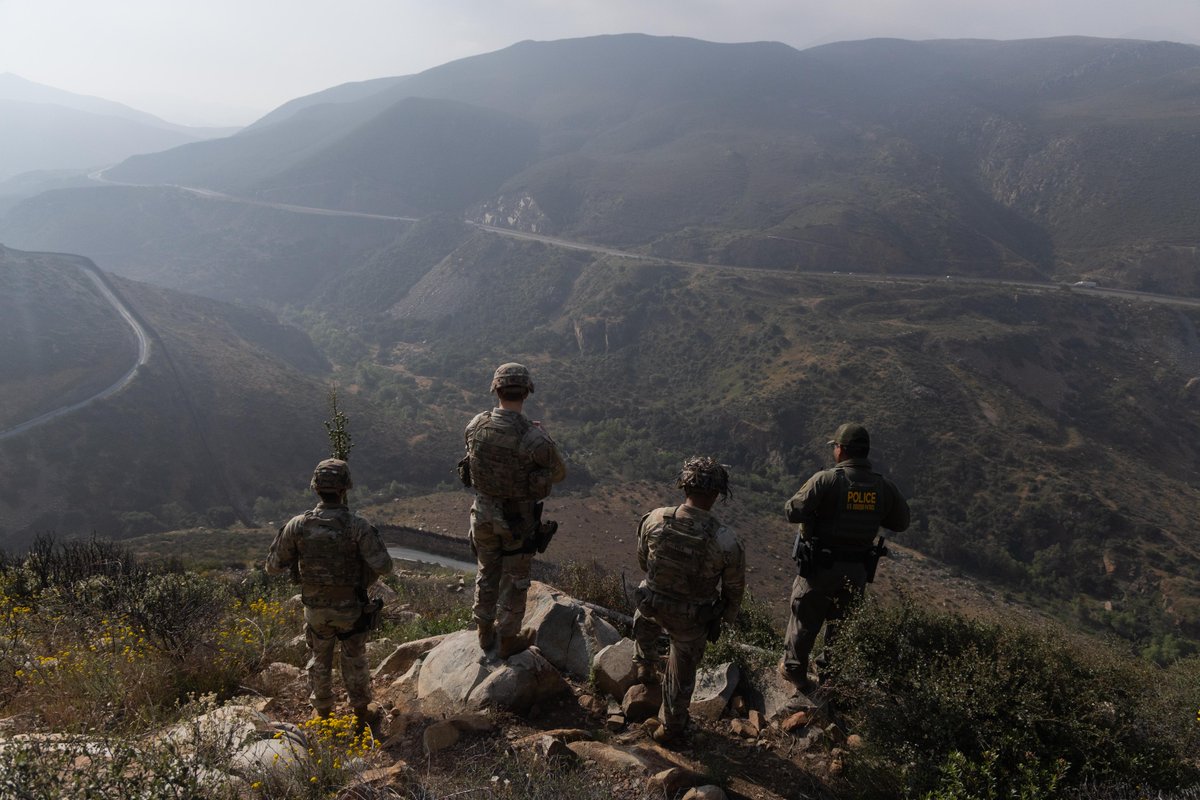We know the Holidays are in full swing, but let's take a moment for some #ArmyHistory.
Today, we look at #TheBattleofTrenton.
New Jersey | Dec 26, 1776
Today, we look at #TheBattleofTrenton.
New Jersey | Dec 26, 1776

In late 1776, morale in the Continental Army was at a low after losses at the Battle of White Plains in October and at Forts Washington and Lee in November.
Chased by the British, General George Washington retreated across New Jersey and into Pennsylvania.
#ArmyHistory
Chased by the British, General George Washington retreated across New Jersey and into Pennsylvania.
#ArmyHistory

On the night of Christmas, December 25, 1776, General Washington implemented an audacious plan that would improve the fortunes of the American forces.
#ArmyHistory
#ArmyHistory

General Washington led his men across the icy Delaware River and on a ten-mile march into Trenton, New Jersey, where they surprised a garrison of 1,500 Hessians.
#ArmyHistory
#ArmyHistory

On December 26, behind schedule and with only one third of his men because of a nor’easter, the Americans arrived on the outskirts of Trenton around daybreak. Washington splits his force into two columns.
#ArmyHistory
#ArmyHistory

Washington split his force into two columns.
One, commanded by Major General Nathaniel Greene, attacked from the north and a second, under Major General John Sullivan, attacked from the west to cut the line of retreat to the south.
#ArmyHistory
One, commanded by Major General Nathaniel Greene, attacked from the north and a second, under Major General John Sullivan, attacked from the west to cut the line of retreat to the south.
#ArmyHistory

The Hessian garrison, under the command of Colonel Johann Rall and exhausted by several weeks American militia harassment, are taken by surprise.
#ArmyHistory
#ArmyHistory

The army that the British thought was all but defeated destroyed a major garrison and suffered very few casualties in a battle that was over in about an hour.
#ArmyHistory
#ArmyHistory

Some Hessians managed to escape, but most were captured. While leading his troops, Colonel Rall was mortally wounded.
Before he died, he formally surrendered to General Washington.
#ArmyHistory
Before he died, he formally surrendered to General Washington.
#ArmyHistory

Estimated Casualties: 910
American: 5 wounded
British: 22 killed, 83 wounded, 800 missing & captured
American: 5 wounded
British: 22 killed, 83 wounded, 800 missing & captured

The victory set the stage for another success at Princeton a week later and boosted the morale of the American troops.
Washington demonstrated his ingenuity and resilience as a leader, won the loyalty of his soldiers, and revived the Continental Army.
#ArmyHistory
Washington demonstrated his ingenuity and resilience as a leader, won the loyalty of his soldiers, and revived the Continental Army.
#ArmyHistory

• • •
Missing some Tweet in this thread? You can try to
force a refresh



